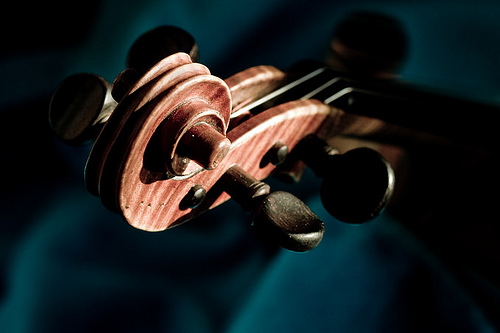Watching and listening to people drive themselves to the brink of… something…. in order to “create a perfect holiday” or a “perfect dinner” reminds me of this story.
A man played his violin in the subway. He played for 45 minutes while more than a thousand people passed through on the way to work. Fewer than ten of those people stopped. About 30 put money in his case, netting him a little over $32.
The musician was the world-famous Joshua Bell, playing the same music he plays in concert halls where tickets sell for $100 each. The instrument he used is valued at more than $3 million. Washington Post writer Gene Weingarten was the mastermind behind the experiment. The Post received a Pulitzer for the story.
Weingarten’s questions had to do with perception of quality, choices and priorities. People familiar with the story have also asked ‘If we are too busy to notice a world class musician, what else are we missing?’
My point?
In our quest for ‘creating the perfect holiday memories’ do we get so tired/grumpy/overwhelmed that we miss what’s going on right under our noses? Are we mired in the past or slave to the future?
What’s that silly expression? “It’s called ‘the present’ because it’s a gift.”
My wish for you is that you enjoy all of your ‘presents.’ Starting right now. (And enjoy the video if you have a chance.)


